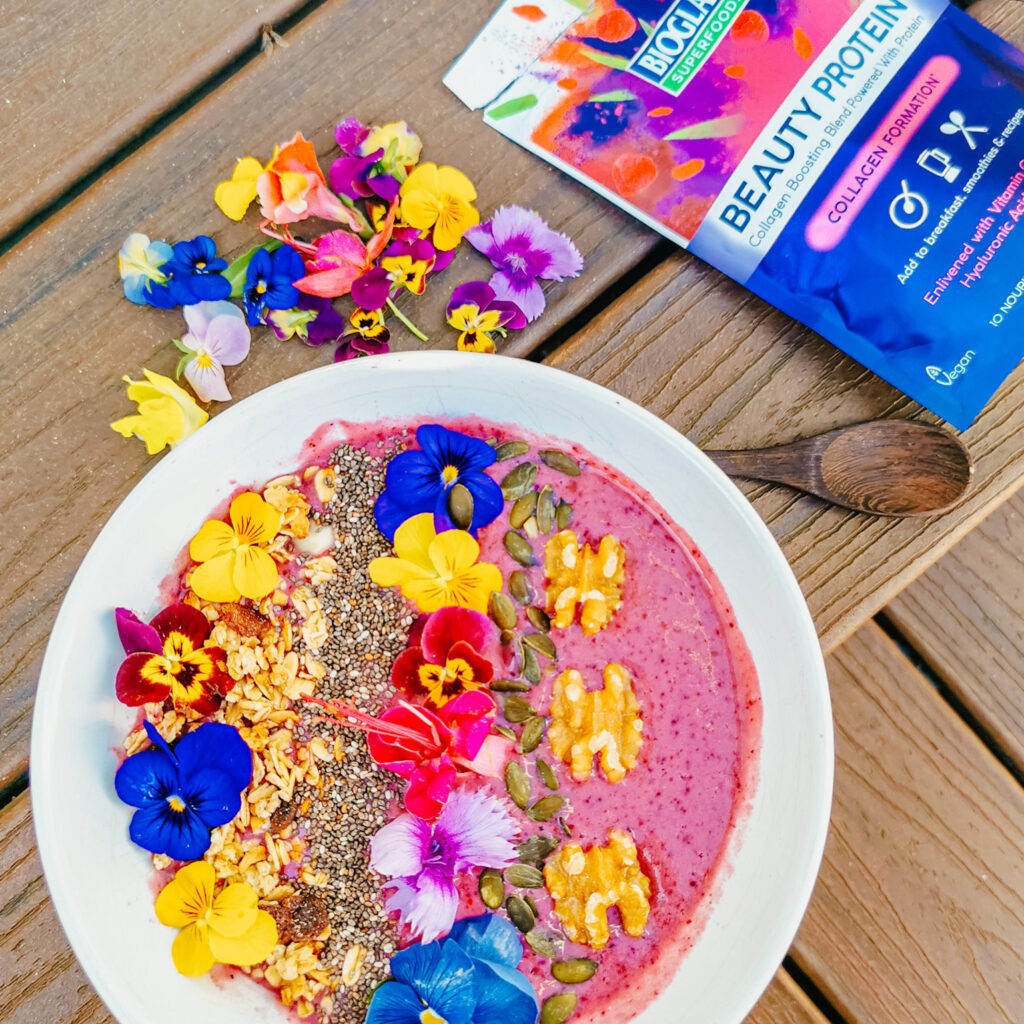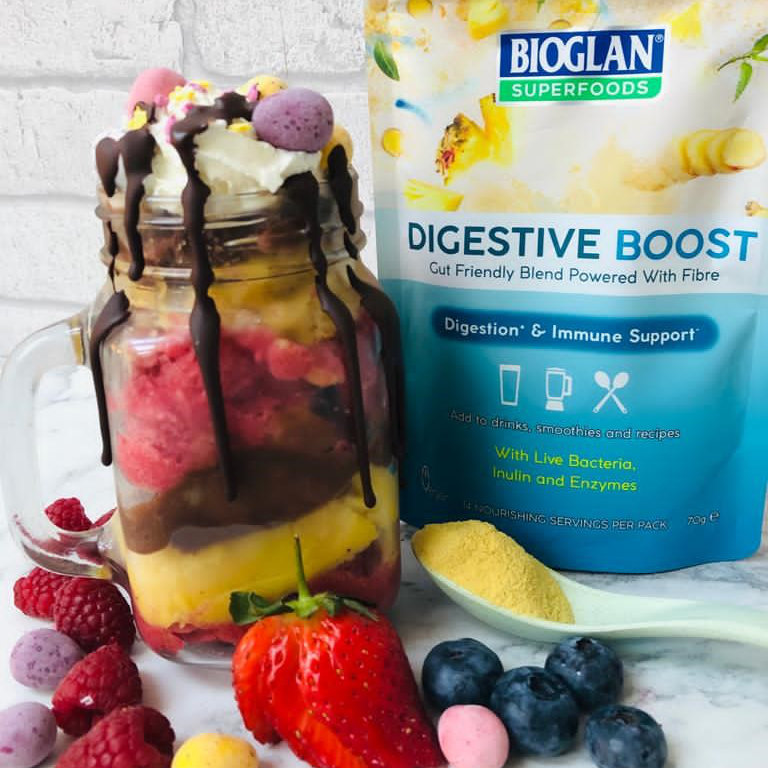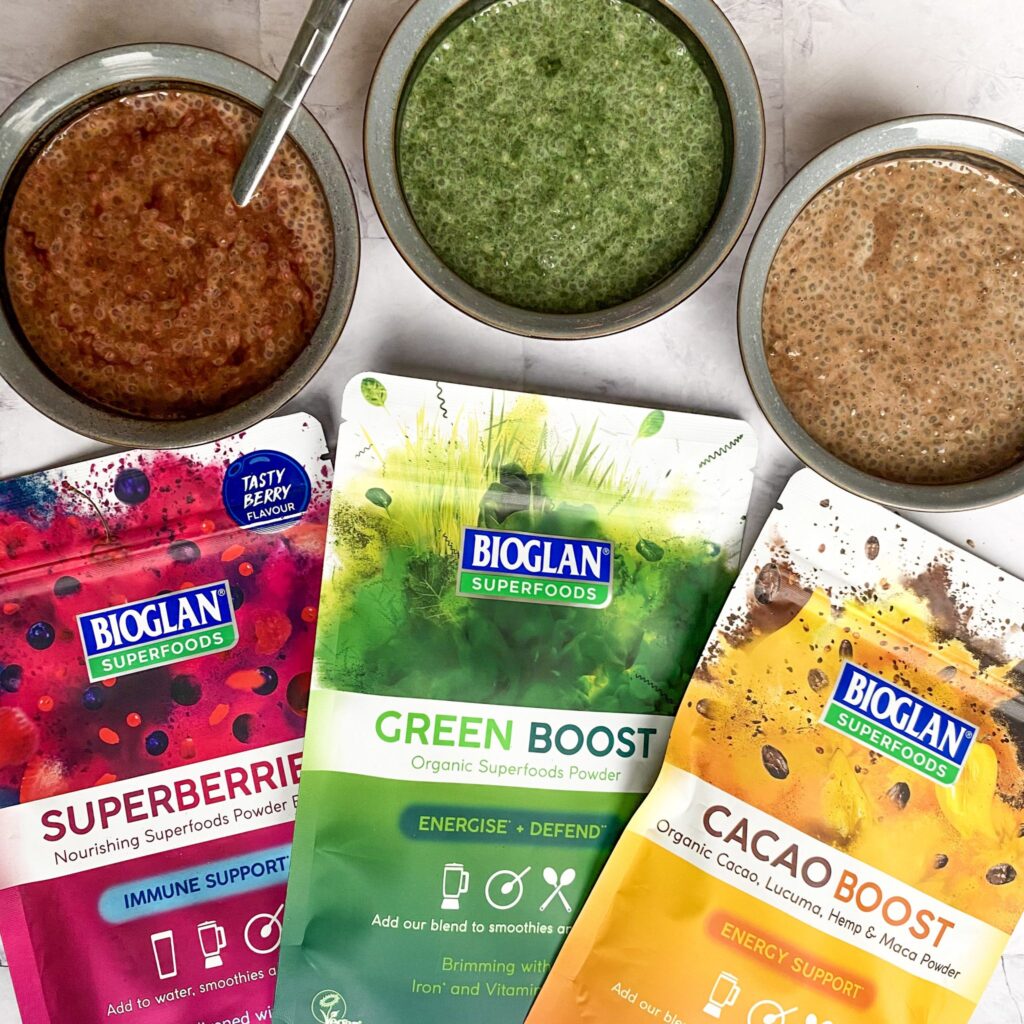
Food for thought: The importance of nutrition for mental health
Super-Nutritionist Amanda Hamilton unpacks the role food plays in boosting emotional wellbeing
1 in 4 people experience a mental health problem of some kind each year [2], a number which has increased over the past year as a result of the pandemic, with predictions that up to 10 million people (almost 20% of the population) will need either new or additional mental health support as a direct consequence of the crisis.[3] Though some of suffer more than others, it’s important we all understand how we can protect our mind.

This is why it’s extra important for as many measures as possible to be put in place to support mental wellbeing. Whilst there are a number or mental health organisations and charities such as Mind and Samaritans who can offer support, we also need to be making lifestyle changes where possible that support mental wellbeing. One way to do this is through being more conscious of what we’re putting into our bodies, as what we eat and drink hugely affects how we think, feel and behave. Studies have pointed to findings that nutrition may play an important role in the prevention, development and management of mental health issues including depression, anxiety, schizophrenia, ADHD and dementia, alongside having an impact on the nature of our day to day thinking patterns. [4]
As one of the UK’s top five “Super-Nutritionist’s”, Amanda Hamilton offers insight on some of the best nutrients to support mental health, and ways in which we can incorporate these into our diets.

Some of the best foods to support health (both physically and mentally) are green vegetables and leafy greens, which are a great source of Folic Acid and Magnesium. Deficiencies of these vital nutrients has been linked to common mental health issues including anxiety and depression, as well as cases of irritability, psychosis and insomnia. Greens can be incorporated into meals in a number of ways, not just as a side to your main source of protein, but also through easily accessible green powders. These can be purchased in most supermarkets and online, and often contain powders from multiple ‘greens’ such as spinach and kale. Many of these powders, such as Bioglan Superfoods’ Supergreens, also contain extra superfoods such as chlorella, barley grass and wheatgrass, which offer a whole host of further benefits from alleviating side effects of health issues to protection against chronic disease. These are easy to add into your routine, by adding into smoothies, sauces and even baking. [5]
When it comes to mental wellbeing, there are also certain foods and drinks that should be avoided or limited where possible. Caffeine, for example, gives a quick burst of energy due to its stimulative nature, however the ‘come down’ from a caffeine hit can leave you feeling anxious and depressed, as well as disturbing your sleep pattern which can have a knock-on effect on your emotional wellbeing.
There are plenty of natural ways to give yourself a boost, with delicious natural ingredients such as cacao giving more of a maintained energy level instead of peaks and dips that can leave you feeling on edge. As well as this, cacao is great for curbing cravings for unhealthy sugars. Cacao can be bought in powder form both on its own and also combined with other powders, including Maca, which has a malted flavour that makes it a tasty addition to smoothies, puddings or snack balls.

Another great ingredient for curbing sugar cravings is Acai, as it is low on the GI index. Opting for unhealthy sugars such as chocolate and sweets can create spikes in blood sugar, which similarly to caffeine can create a come down effect that can leave you feeling sluggish and demotivated, which can negatively impact your mental wellbeing. Although Acai can be hard to locate and expensive to buy in its fresh form, it can be bought in powdered blends, which makes it easy to add into meals and means it lasts longer. Bioglan Superfoods’ Superberries contains a number of other delicious berries including Goji Berry and Blueberry, as well as Magnesium, Folic Acid and Vitamin K1, which have been linked to alleviating symptoms of anxiety and depression. [6]
Whilst there is still plenty more research to be done on the link between food and mood, nutrition is certainly key in the development of positive mental health, as just as the heart and liver require different minerals and vitamins to remain healthy, so too does the brain.
For more information on ways to get key nutrients into your diet, head to www.bioglansuperfoods.co.uk and check out their full range.





You must be logged in to post a comment Login